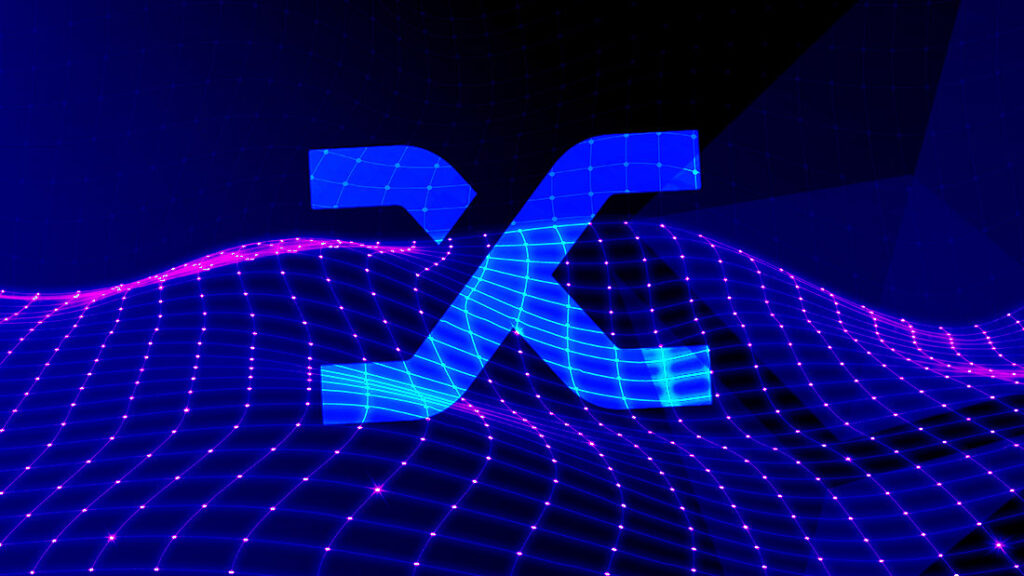Synthetix is a financial primitive enabling the creation of synthetic assets, offering derivatives and exposure to real-world assets on the blockchain. A synthetic asset, in turn, is simply a tokenized derivative that mimics the value of another asset. A spot exchange-traded fund, or ETF, is a typical example of a synthetic asset that could represent for example gold, oil or bitcoin.
According to a blog post from the Synthetix team, Synthetix is launching its perpetual futures product on the Ethereum layer-2 scaling solution Optimism later this week. As scaling solutions go, this means users can benefit from higher transaction throughputs and reduced network fees.
“Anyone with access to the internet will be able to leverage Synthetix’s infrastructure to access up to 10x leverage on an ever-growing list of Synthetic assets,” the post reads.
Kwenta first partner to integrate perpetuals
A perpetual futures contract, also known as a perpetual swap, is an agreement to non-optionally buy or sell an asset at an unspecified point in the future. Perpetual futures are cash-settled and differ from regular futures in that they lack a pre-specified delivery date, and can thus be held indefinitely without the need to roll over contracts as they approach expiration
The first partner to integrate Synthetix’s perpetuals is the Kwenta protocol, a decentralized and composable protocol with an alleged easy-to-use trading user interface. Synthetix perpetual markets will be accessible through a dedicated Kwenta UI.
As per the announcement, the current design of Synth, derivative tokens providing exposure to a range of assets, exchanging does not easily provide traders with a mechanism for leveraged trading or for shorting assets with leverage. According to Synthetix’s website, Synths are assets voted into existence by the community and can come in the form of fiat currencies, cryptocurrencies, stocks, commodities and anything else with a price.
“Synthetix’s perpetual futures will enable a much expanded and capital-efficient trading experience by allowing both leveraged longs and shorts on a large selection of assets,” the announcement reads.
Additional revenue stream for SNX stakers
For SNX stakers, the native token of the Synthetix protocol, futures will provide an additional revenue stream due to exchange and funding rate fees and reduce the need to hedge the additional debt due to inherent self-hedging and controlled exposure through market size limits.
For the first few weeks after launch, the initial futures beta launch will feature bitcoin (BTC), ether (ETH), and Chainlink’s LINK tokens. Trading will have open interest caps of $20 million sUSD (synthetic U.S. dollars) for bitcoin and ether, and $2 million cap for LINK tokens. The reason, as per the post, is “to optimize futures market parameters under real-world conditions.”
“The current futures market design is experimental and may need to be upgraded in subsequent releases. Changes to core contracts will require users to close positions in the old markets and migrate to the upgraded markets,” the post reads.
Frequent market parameter updates to optimize for UX
Furthermore, there also may be relatively frequent market parameter updates made by the Spartan Council during the initial period to optimize for best trader UX and protocol and debt-pool safety. These parameter updates will not require any user action.
The Spartan Council is Synthetix’s governance body put into operation in December 2020 and is responsible for approving proposed changes to the Synthetix protocol.
According to the announcement, once real-world trading data is accumulated, optimizations will be made quickly, open interest caps will be increased substantially to support more trading volume. Significant upgrades to Synthetic Futures will require a migration to new smart contracts.
Get your daily recap of Bitcoin, DeFi, NFT and Web3 news from CryptoSlate
It’s free and you can unsubscribe anytime.

